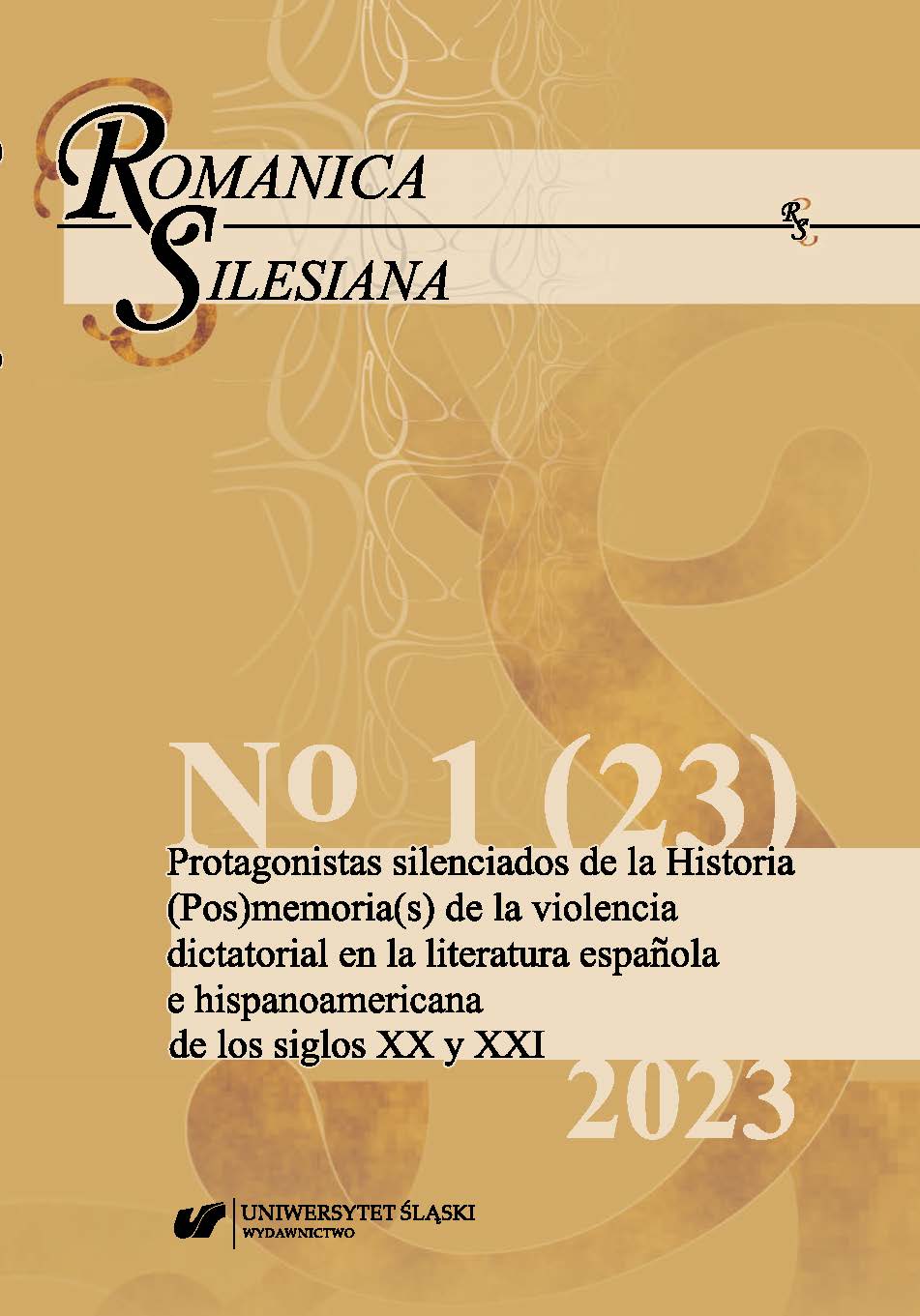El farmacón de la ilusión: „Entre visillos” (1957) de Carmen Martín Gaite entre la memoria de género y la doxa
The Pharmacon of Illusion: „Entre visillos” (1957) by Carmen Martín Gaite between Gender Memory and Doxa
Author(s): Adriana MinardiSubject(s): Gender Studies, Studies of Literature, Epistemology, Recent History (1900 till today), Other Language Literature, Ancient Philosphy, Fascism, Nazism and WW II
Published by: Wydawnictwo Uniwersytetu Śląskiego
Summary/Abstract: In this article we start from the following question: What differentiates the novel Entre visillos (Martín Gaite, 1957) from the analysis of Uses of love of the Spanish postwar period published by the same author as heir to her doctoral thesis Usos amorosos del dieciocho en España. One possible hypothesis is that to promote a change in perception and de-automate the perspective of the heteronorm, this imaginary “feminine” background is demystified. The cinema that appears in the novel as a drug is a clear metonymy of the function of fiction. We will structure the paper in two ways that will respond to the hypothesis raised: the first exposes the foundations of the norm and the distribution of roles for women; the second analyzes the rituals of demystification and deregulation of the norm, whose purpose is the internal or external exile that in the novel allows the anti-nationalist and performative gender argumentation.
Journal: Romanica Silesiana
- Issue Year: 1/2023
- Issue No: 23
- Page Range: 1-13
- Page Count: 13
- Language: Spanish

